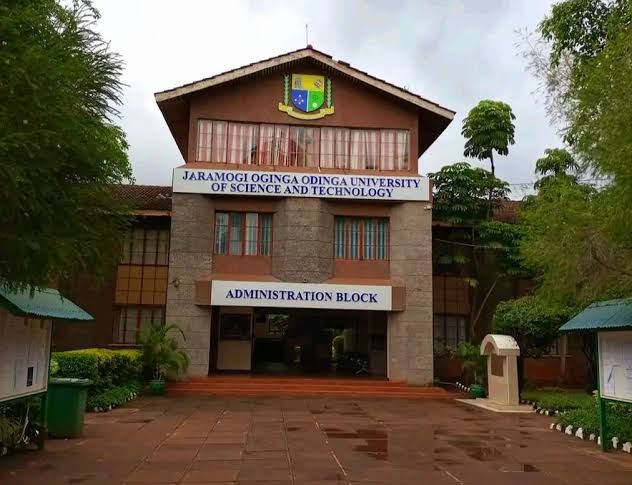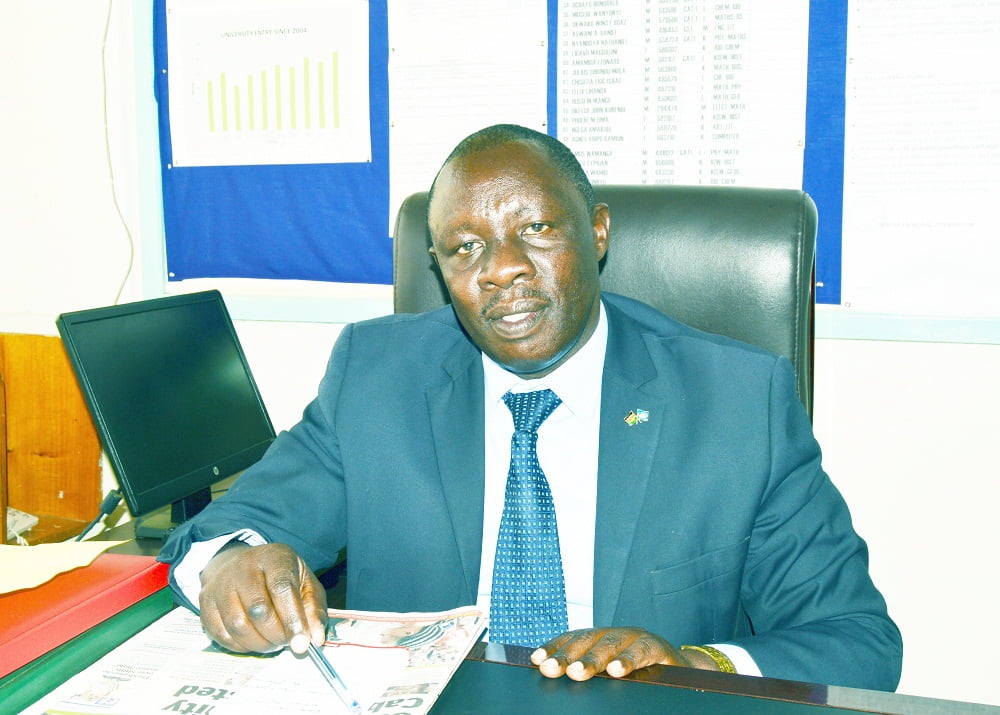Three out of every ten professionals in Kenya may be using forged academic certificates. This staggering reality paints a worrying picture: the doctor who treats your family could be a fraud, the teacher guiding your child’s education a quack, and the government officer overseeing public resources a cheat. Fake academic credentials have infiltrated virtually every sector, eroding public trust and denying deserving individuals rightful opportunities.
In response to this widespread fraud, the Government of Kenya has embarked on a transformative journey by launching a pilot programme to digitally verify all academic certificates issued by the Kenya National Examinations Council (KNEC). The pilot, initiated by the Public Service Commission (PSC), aims to eliminate fraudulent documents from the civil service and restore meritocracy to public service recruitment and promotions.
This bold initiative is both timely and necessary. For years, fake certificates have been used to access jobs, promotions, and lucrative tenders, creating a parallel economy of undeserved success. The damage goes beyond paperwork—it affects lives, institutions, and service delivery. Genuine graduates are unfairly edged out, public funds are mismanaged, and trust in the education system diminishes. The introduction of a digital verification platform aims to close these gaps by enabling real-time authentication of academic documents, thereby reducing the reliance on physical papers that are easily forged.
The new system, managed by KNEC, will host a secure and comprehensive digital database containing examination results and certificates. Authorised institutions – starting with the PSC – will have access to this database for instant verification. This digitisation will include both historical and future examination data, making the system a reliable tool for confirming academic qualifications across the board.
READ ALSO:
As the platform matures, other players such as universities, employers, and professional bodies are expected to be integrated into the system. The long-term goal is to establish a national verification framework, one that is standardised, efficient, and immune to manipulation. Such a framework will not only serve government institutions but also provide immense benefits to the private sector, academic institutions, and even international bodies that rely on authenticating Kenyan academic credentials.
The choice to begin with the Public Service Commission is strategic. The PSC plays a central role in managing government human resources. Ensuring that public servants hold genuine academic qualifications is key to building a professional and credible workforce. Once the pilot phase proves successful, this model can be rolled out across other ministries, county governments, and eventually into private sector recruitment systems.
This initiative is also in line with the government’s larger digital transformation agenda, which seeks to improve public service delivery by leveraging technology. By digitising certificate verification, Kenya is not only fighting fraud but also modernising its administrative systems. Bureaucratic delays associated with manual verification will be eliminated, and institutions will benefit from faster, cheaper, and more reliable services. In a region where academic forgery remains rampant, Kenya is poised to emerge as a leader in digital educational governance.
Furthermore, this system will enhance the credibility of Kenyan academic qualifications globally. As more Kenyan graduates seek education and employment opportunities abroad, the ability to instantly verify their documents will be a significant advantage. Foreign universities and employers will have greater trust in Kenyan qualifications, enhancing international mobility for our professionals and students.
However, for the system to reach its full potential, several key areas must be addressed. First, adequate investment in infrastructure is critical. The database must be secure, with robust cybersecurity measures such as encryption, firewalls, and regular audits to prevent data breaches and unauthorised access. Without this, the system itself could become a target for manipulation or sabotage.
Secondly, capacity building is essential. All institutions involved in the use of the system, particularly the PSC and KNEC, must receive adequate training to ensure the system is used effectively and efficiently. Any bottlenecks due to technical illiteracy or resistance to change could undermine the programme’s success.
Third, a clear and enforceable legal framework must accompany the roll-out. The law must outline penalties for misuse, falsification, or failure to use the system in required processes. This will reinforce compliance and make certificate verification a standard part of recruitment, promotions, and admissions.
Public awareness is equally vital. Kenyans need to understand how the system works, why it matters, and how it protects their interests. Awareness campaigns should be rolled out to educate citizens, employers, and learning institutions. When the public understands that only authentic qualifications will be recognised, it will reduce the incentive to forge documents. At the same time, it will boost the morale of genuine graduates who have earned their credentials through hard work.
Looking ahead, the government should also consider integrating this verification system with other key databases. Linking it with university records, the Higher Education Loans Board (HELB), professional licensing bodies, and the National Identity System (NIIMS) would create a unified national academic and professional profile for every individual. Such integration would minimise redundancy, ease tracking of career progression, and enhance long-term policy planning.
In the end, the success of this programme will rely not only on technology but also on political will, institutional discipline, and public support. The battle against academic fraud cannot be won by technology alone – it requires a societal shift in values, where integrity is championed and shortcuts are rejected.
The launch of this digital verification system is not just a technological milestone – it is a moral and institutional renewal. It reaffirms the values of honesty, merit, and transparency that are essential for Kenya’s development. In a country battling youth unemployment, it is especially important that job opportunities are awarded fairly, based on true merit. When fake certificates are allowed to thrive, genuine candidates are locked out, services suffer, and trust in government dwindles.
In conclusion, the KNEC digital certificate verification system is a welcome reform that promises to transform Kenya’s education and governance landscape. It is a step in the right direction—one that must be supported, protected, and refined. With proper investment, legal backing, and public cooperation, it could be the most impactful policy shift in recent times.
By Ashford Gikunda
Ashford Gikunda teaches English and Literature in Gatundu North Sub County.
You can also follow our social media pages on Twitter: Education News KE and Facebook: Education News Newspaper for timely updates.
>>> Click here to stay up-to-date with trending regional stories
>>> Click here to read more informed opinions on the country’s education landscape
>>> Click here to stay ahead with the latest national news.






